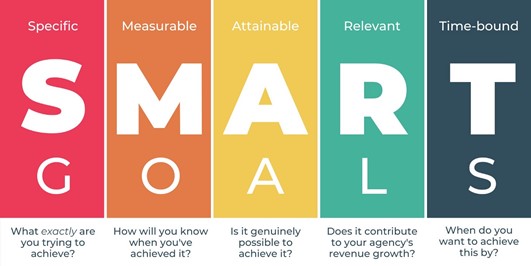The following hints and tips have been put to together to help you on your way to maximising your potential and preparing for an effective and valuable appraisal.
Remember, it is YOUR appraisal, make it count!
Preparation – During the year, keep daily, or weekly notes of compliments, thanks, achievements, challenges overcome, how you have upheld each of the Trust’s values and progress on your objectives. Often when asked about our achievements over the past year, we tend to only recall the last 3 months. This can leave many achievements unrecognised. Use your experiences to help you to develop and shape your future by REFLECTING
Reflection – Self-reflection is necessary to help us to be the very best version of ourselves. It gives us a better understanding of ourselves, our knowledge, understanding, skills, competencies, and behaviours. From this we can plan what we need to do next to succeed. Look at your experiences and challenges and reflect. Ask yourself questions such as
- What was the situation?
- Where did it take place? (Think of the environment / surroundings)
- When did it happen? (Did the day, time impact on your actions / the outcome?)
- What did you do / actions taken?
- Why did you choose this way?
- What was the outcome?
- How did you feel? (How did this impact on your actions and how did you feel after?)
- Who else was involved / supported you?
- What may you do differently next time?
- What is your learning from situation?
Make self-reflection a regular activity. The more you do it, the easier it will become.

Have questions prepared – good examples of questions to ask at a performance review include:
- What steps do I need to take to reach the next level?
- What should I be doing to help with the department’s priorities and objectives?
- Which courses and training should I be considering? (From here you can go on to discuss whether your manager can help support you – financially or otherwise – with this training).
Final tip – This is your opportunity to shout from the rooftop what you have achieved and what your aspirations are for the future. Own your appraisal, be proactive and achieve everything you can!
Good luck!
If you have any questions or concerns, please contact the Organisational Development Team at bfwh.orgdevelopment@nhs.net

